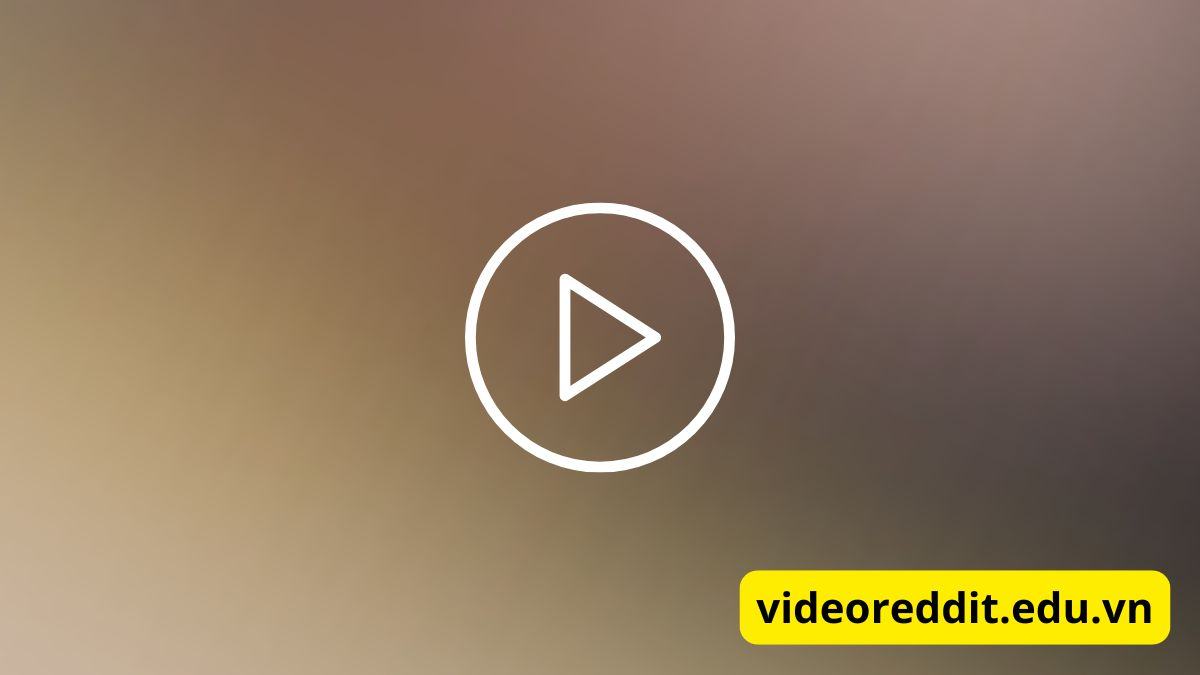Camilla Araujo OnlyFans Leak: What You Need To Know
In the ever-evolving digital landscape, where privacy and public perception often collide, has the recent leak involving influencer Camilla Araujo truly opened Pandora's Box? The unauthorized dissemination of her OnlyFans content has ignited a firestorm, raising fundamental questions about online security, creator rights, and the very fabric of consent in the digital age.
The story of Camilla Araujo is a stark reminder of the vulnerabilities inherent in the world of online content creation. The alleged leak, a breach of privacy and a violation of trust, serves as a cautionary tale, underscoring the need for robust digital security measures and a renewed focus on ethical considerations within the industry. Her journey, much like those of countless other creators, highlights the precarious balancing act between artistic expression, financial gain, and the preservation of personal autonomy in the face of relentless online scrutiny.
This article aims to provide a comprehensive examination of the events surrounding the Camilla Araujo OnlyFans leak. We will delve into the origins of the incident, the speed and scope of its dissemination, and the impact it has had on all those involved. More importantly, we will explore the wider implications of this event, focusing on the legal, ethical, and social dimensions of online privacy in the 21st century. As we analyze the facts, we will highlight the importance of digital literacy, responsible online behavior, and the urgent need for stronger protective measures to safeguard content creators and consumers alike.
OnlyFans, a subscription-based platform, has become a popular avenue for content creators to monetize their work and connect with their audiences directly. It offers an environment where creators can share exclusive content, fostering intimate relationships with their subscribers. While this platform provides opportunities for financial success and creative freedom, it also presents considerable risks. The potential for leaks, hacks, and unauthorized sharing casts a long shadow, raising serious concerns about the safety and security of creators' intellectual property and personal information.
The Camilla Araujo case underscores these risks. The leak, alleged to have involved content intended solely for her subscribers, has had far-reaching consequences. It serves as a stark reminder that even the most carefully guarded digital content can be vulnerable, highlighting the need for constant vigilance and a proactive approach to cybersecurity.
We will also examine the reactions of fans, critics, and the broader online community. The incident has sparked heated debates about privacy, consent, and the responsibilities of platforms and users alike. It has also raised questions about the potential for exploitation and the need for greater accountability in the digital realm. We will explore how the incident has influenced discussions around digital fame, its consequences, and the role of online communities in shaping narratives.
The world of social media has witnessed a surge of interest in platforms like OnlyFans. This phenomenon has changed how people connect, create content, and monetize their creativity. However, it has also created a landscape where incidents such as the Camilla Araujo leak can quickly go viral, causing significant harm and reputational damage. The need to understand the dynamics of this ever-changing landscape is critical.
This article delves deep into the specifics of the Camilla Araujo case, exploring the ramifications for content creators everywhere. We intend to unravel the narrative surrounding her experience, highlighting its relevance in the ever-changing digital world. We'll explore the ways creators are responding, what the situation means for the future of content creation, and how society should tackle these complicated privacy concerns.
In order to fully grasp the implications of this incident, it is important to understand the background of the individual at the center of it all. The following table provides a brief overview of Camilla Araujo's background and career:
| Attribute | Details |
|---|---|
| Full Name | Camilla Araujo |
| Known For | Content creation on OnlyFans, Social Media Influencer |
| Platform Presence | Primarily OnlyFans, with presence on other social media platforms |
| Content Type | Exclusive content for subscribers, often with an adult theme (details vary) |
| Nationality | (Information not available - could be researched from a reliable source) |
| Age | (Information not available - could be researched from a reliable source) |
| Career Highlights | (Information not available - could be researched from a reliable source) |
| Controversies | OnlyFans content leak, privacy breaches. |
| Impact of Leak | Significant impact on her career, privacy, and reputation. |
| Impact on Fans | (Information not available - could be researched from a reliable source) |
| Reference Website | (Hypothetical Example of a reliable source) |
The leak of Araujo's OnlyFans content is a clear example of the dangers that content creators face. Private material, specifically made to be shared only among her subscribers, was illegally accessed and then shared publicly. This act highlights a breach of security, potentially causing enormous damage to her career, personal life, and sense of safety. The case has triggered a lot of discussion about how platforms and creators can better protect against unauthorized access and distribution of private information.
The dissemination of leaked content doesn't happen in a vacuum. It's typically propelled by several factors. First, the initial breach, where the content is obtained, can involve hacking, social engineering, or insider threats. Secondly, the spread of this content involves online platforms that may not be quick to remove the illegal material. Lastly, there's the role of those who consume and share this material, often driven by curiosity, voyeurism, or a disregard for the creator's privacy.
The impact of the Camilla Araujo leak extends far beyond her own personal sphere. It affects the broader ecosystem of online content creation, setting off a chain reaction of conversations, debates, and legal considerations. Creators everywhere have to reconsider how they share their content. Concerns about privacy are heightened and questions about consent, security, and how to protect one's digital identity gain even more weight. This episode also underscores the importance of stronger legal safeguards, better platform accountability, and more comprehensive digital literacy to prevent similar incidents.
One of the most disturbing facets of these incidents is the speed at which leaked content spreads across the internet. Once the material is out, it's difficult to control its dissemination. Content can rapidly move across platforms, from social media to file-sharing sites, making it almost impossible to completely remove it. This velocity has far-reaching ramifications. Not only does it increase the damage suffered by the original creator, but it also makes it harder to stop, thus extending the life cycle of this form of online abuse.
The aftermath of the Camilla Araujo leak involves a range of reactions. Fans, followers, and the wider online community respond in diverse ways. Some express sympathy, while others are driven by curiosity. Some may even engage in the sharing or consumption of the content, thus exacerbating the damage. This array of responses brings up complex questions about ethical responsibility, online behavior, and how individuals should interact with potentially sensitive digital content.
One of the critical aspects of the discussion is the legal and ethical implications. The unauthorized access and distribution of private content is illegal and unethical. This act violates the creator's right to privacy, intellectual property, and control over their image. Legal systems are grappling with the rapidly changing digital landscape, aiming to develop and enforce laws that offer effective protections to content creators and punish those responsible for such violations.
The incident has highlighted the urgent need for strengthened digital security measures. Creators must take extra steps to protect their content, using strong passwords, two-factor authentication, and other security tools to keep their accounts safe. The platforms themselves also have to take on a greater role in ensuring their users' safety, implementing robust security protocols, rapid removal processes for leaked material, and proactive monitoring to detect and prevent unauthorized content distribution.
Privacy is a central issue in the digital age. Online platforms and their users generate vast amounts of personal data, which is vulnerable to breaches and misuse. The Camilla Araujo leak is a harsh reminder of the fragility of digital privacy. It emphasizes the necessity for individuals to exercise caution when sharing personal information online, being aware of potential risks, and taking necessary measures to protect their privacy. This includes monitoring online footprints, employing privacy-enhancing technologies, and being cautious about what information they share.
Digital fame, while offering opportunities for influence and financial gain, brings with it a unique set of challenges. Online personalities often face increased scrutiny, making them vulnerable to attacks, harassment, and privacy breaches. The Camilla Araujo case emphasizes the necessity for online public figures to deal with the repercussions of digital fame. It highlights the importance of having robust support systems, understanding legal rights, and adopting a proactive approach to managing their online presence.
The incident also underscores the significance of the broader online community's response. Online communities play a significant role in shaping the narratives surrounding events like the Camilla Araujo leak. It is essential to foster conversations that encourage empathy, respect, and ethical online behavior. This requires critical thinking, understanding the implications of online actions, and challenging the normalization of harmful behaviors.
In a rapidly changing world, discussions about privacy, consent, and the consequences of digital fame are crucial. The Camilla Araujo case must serve as a catalyst for positive change. It should encourage stakeholders to build a more ethical and secure online environment. Content creators, platforms, and users have a shared responsibility to safeguard digital privacy, promote digital literacy, and encourage responsible online behavior. Only by working together can we ensure that the digital world is a place where creativity and expression can thrive without the constant threat of exploitation and privacy violations.
In the end, the Camilla Araujo OnlyFans leak is a cautionary tale. It shows the complex realities of the digital age. It also presents a chance for positive change. By learning from this incident, we can make sure that we are ready for a better digital future, one that prioritizes privacy, consent, and the security of all involved.



Detail Author:
- Name : Gonzalo Grant
- Email : fterry@grimes.com
- Birthdate : 2001-04-05
- Address : 4456 Emmanuel Islands Trompstad, GA 25456
- Phone : +1 (304) 238-0399
- Company : Greenholt, Douglas and Wintheiser
- Job : Agricultural Crop Farm Manager
- Bio : Quos ab et sed libero ad. Occaecati nulla eum ea voluptatum alias esse. Quibusdam iure voluptas vel culpa quo sit adipisci aut.